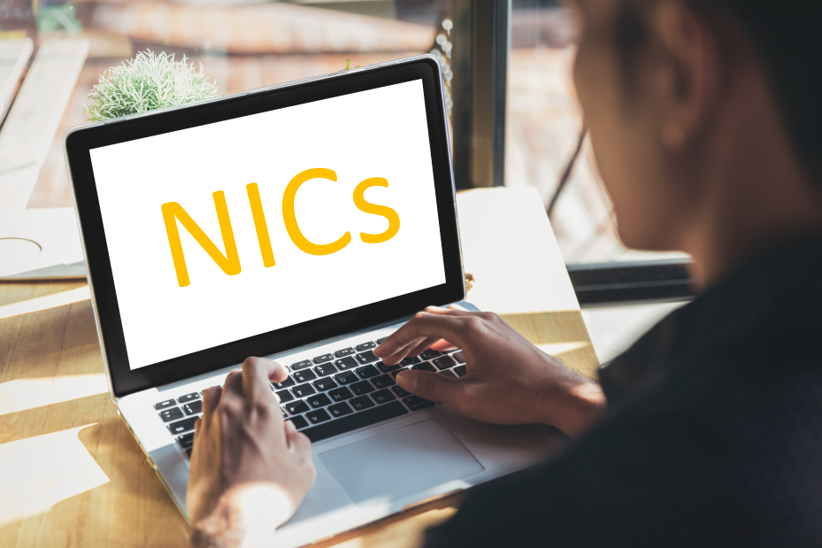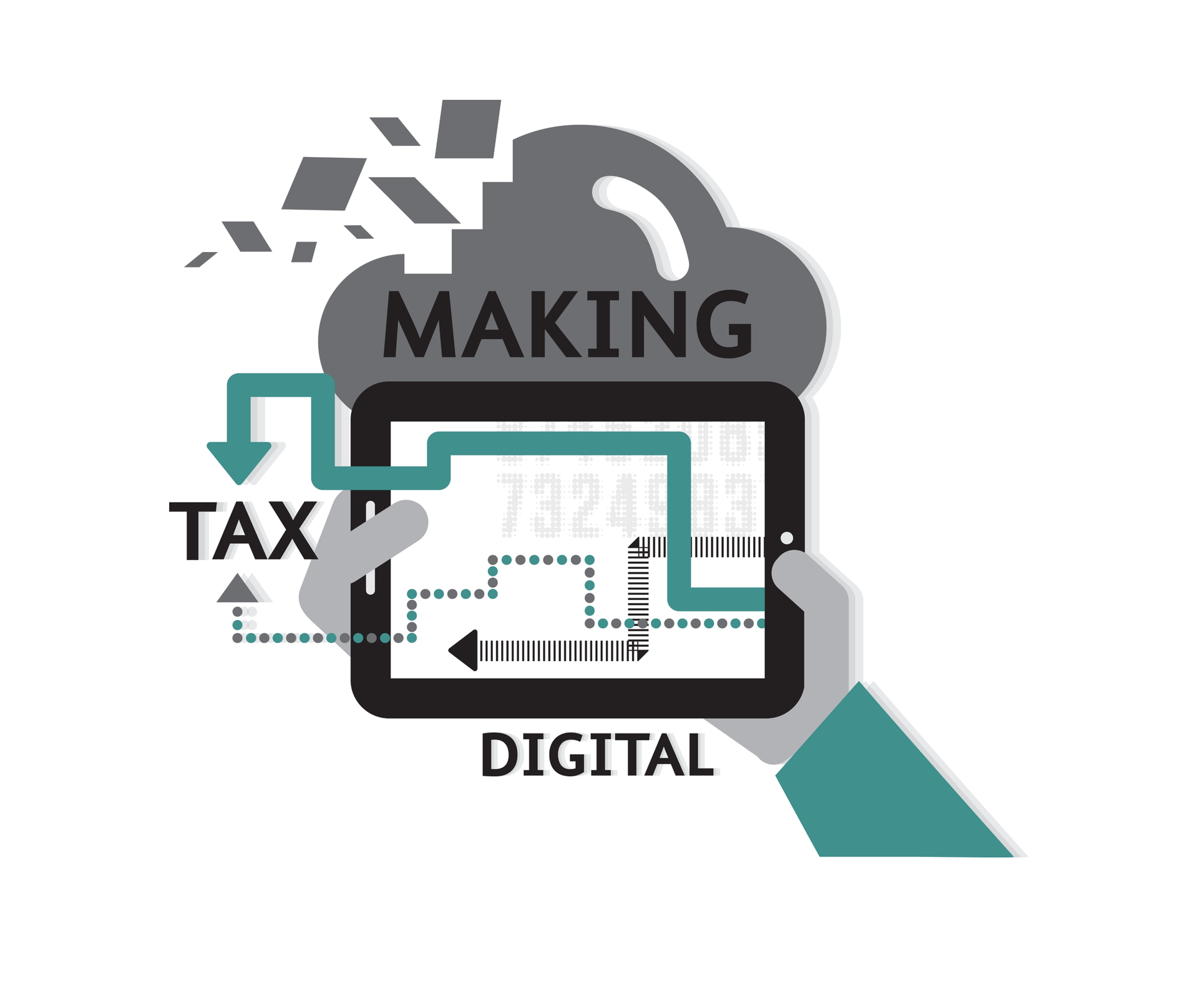
The Employment Allowance (EA) is a valuable relief, particularly for small businesses as it potentially cuts their national insurance contributions (NIC) bills by allowing a pre-set annual amount to be offset against PAYE NIC costs.
The current limit is £3,000, and it is widely available to most employers. However, from 6th April 2020, the allowance is being restricted to smaller businesses with an NIC bill of less than £100,000 in the previous tax year.
Current claims
Most employers with a liability to pay employer (secondary) NIC are eligible to claim the EA, including:
- sole traders, partnerships and companies
- charities and those with charitable status such as schools, academies and universities
- community amateur sports clubs (CASCs)
- employers of care or support workers
Certain types of business are ineligible to claim the EA deduction, including:
- personal service companies (PSCs) and managed service companies (MSCs) which are subject to the intermediaries’ legislation (IR35). Where there is a deemed payment of employment income, the EA is not available against any employer NICs that arise on the deemed payment. However, the allowance is still available where the company has employees in its own right.
- single director companies. A restriction was introduced from 6th April 2016 providing that where the only employee paid above the secondary NIC threshold is also a director of the company, the allowance is not available. The restriction can apply in a company which has two or more directors but where only one of those directors is on the payroll and there are no other employees.
Future claims
From 6th April 2020, access to the Employment Allowance will be limited to businesses and charities with an employer NIC bill below £100,000. At present, around 1.1 million employers claim the EA and the government estimates that around 93% of these will continue to be eligible once the restriction takes effect, with many paying no employer NICs at all.
How to claim
EA is generally managed by the employer through standard payroll software and HMRC’s real-time information (RTI) system. However, it isn’t given automatically and must be claimed. Claiming is straightforward – the employer simply signifies an intention to claim by completing the ‘yes/no’ indicator just once. Ideally, the claim should be made at the start of the tax year, it can be made at any time in the year.
The employer will then offset the allowance against each monthly Class 1 secondary NICs payment that is due to be made to HMRC until the allowance is fully claimed or the tax year ends.
It is worthwhile checking that the EA has been utilised where possible. If a claim is made too late in a tax year to set the whole allowance against the employers’ NIC liability, the employer may apply to HMRC for a refund.
For most businesses, it will be clear whether they will be affected by the forthcoming restriction on EA. However, for those on the cusp of £100,000 in 2019/20, then the timing of, say, bonuses in that year could determine entitlement in the payroll for April 2020.
The information provided in this blog is for general informational purposes only and should not be considered professional advice. As far as we are aware, the content is accurate at time of publication. Torgersens assumes no responsibility for errors or omissions in the content or for any actions taken based on the information provided.



.jpg)




